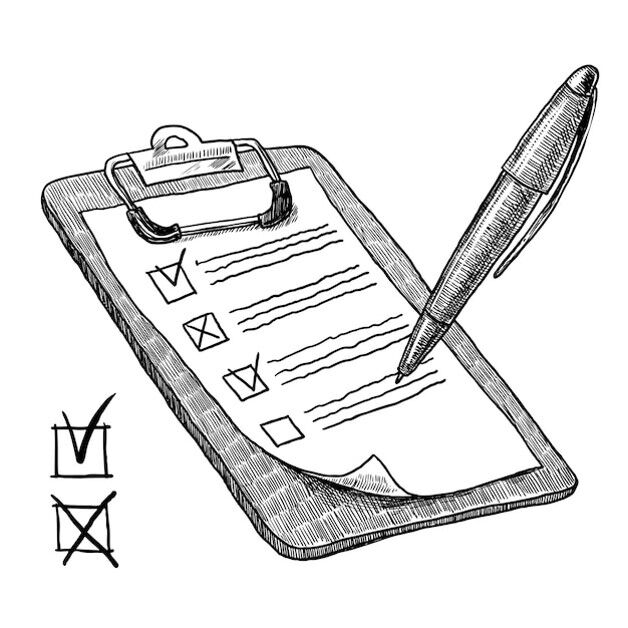Strategies to Avoid Plagiarism


Plagiarism is one of the most serious ethical breaches an author can commit in academic and professional publishing. At its core, plagiarism is the act of representing another person's words, thoughts, or work as your own without giving proper credit. Whether it's the unintentional misuse of sources or a deliberate attempt to pass off someone else's ideas as your own, the consequences can be severe - from damaged reputations and rejected submissions to formal sanctions. As a publication support service, we've seen firsthand the trouble that plagiarism can cause, which is why we're passionate about equipping authors with the knowledge and tools to prevent it.


One form of plagiarism is lifting texts directly from a source without using quotation marks to indicate that the words are not your own. Even if you include a citation, copying content verbatim without proper attribution is considered plagiarism.
Another type of plagiarism involves paraphrasing or restating ideas from a source without properly citing the original author. Simply changing a few words from the original text is not sufficient. Actual paraphrasing requires substantially rewriting the content while preserving the core meaning.
Plagiarism can also occur through improper citation practices. For example, excluding an in-text citation when referencing a specific fact, statistic, or concept from a source or providing incomplete bibliographic details in your reference list.
Even accidentally, forgetting to cite a source or distinguish your ideas from those you've read can constitute plagiarism. Unintentional plagiarism is just as problematic as deliberate attempts to pass off someone else's work as your own.

One of the most crucial steps in avoiding plagiarism is properly citing all sources used throughout your writing, including direct quotes, paraphrased content, and even ideas or facts obtained from outside references.
In-text citations should clearly indicate when you are directly quoting or paraphrasing from a source, with a corresponding entry in your reference list that provides complete bibliographic details.
The proper citation gives credit where it's due and allows readers to locate and verify the original sources you've consulted. When it comes to direct quotations, use them judiciously and enclose them within quotation marks to distinguish the borrowed text from your own writing. Adhering to a consistent citation style, such as APA or MLA, is crucial for maintaining academic integrity and meeting publication requirements.
In-text citations should concisely indicate the author, publication date, and page number (if applicable) of the source material you are referencing, such as (Smith, 2021, p. 32). The corresponding full citation in your reference list would then provide complete bibliographic details:
Smith, J. (2021). The Importance of Citing Sources. Journal of Academic Integrity, 15(2), 30-45.
Effective paraphrasing is essential for avoiding plagiarism. It entails thoroughly understanding the source material and then significantly rewriting it in your own words while retaining the core meaning. It demonstrates your comprehension and allows you to incorporate information without inadvertent copying.
You should express the concepts using your own sentence structure and vocabulary rather than simply substituting synonyms. Maintain proper attribution by including in-text citations, as paraphrased content still requires acknowledging the source. With practice, you can develop the skill of skillful paraphrasing, seamlessly integrating outside material into your work while upholding academic integrity.
Having your written work reviewed by a professional editor can be invaluable, especially when it comes to ensuring proper attribution and avoiding plagiarism. An experienced editor can provide an objective, outside perspective to identify areas where your writing may be too closely mirroring source material. They can offer:
guidance on effectively paraphrasing content,
incorporating quotations appropriately, and
formatting citations and references according to the required style.
Elevate Your Writing with SITA Academy's Comprehensive Services

In maintaining academic integrity, SITA Academy is your trusted partner. Their robust plagiarism detection technology, combined with expert human review, ensures your work is thoroughly scanned for any unintentional copying or improper citation. Additionally, SITA Academy's skilled paraphrasing team can rewrite complex content in your own words, preserving the original meaning. Invest in SITA Academy's comprehensive solutions to produce a final document that upholds the highest standards of academic honesty through proper attribution and citation practices.
Why Choose SITA Academy?

Team of human professionals

Quality Assurance

Timely delivery

Satisfaction guarantee
If you have any questions, inquiries, or would like to learn more about our services, please don't hesitate to reach out to us. Our dedicated team is ready to assist you.